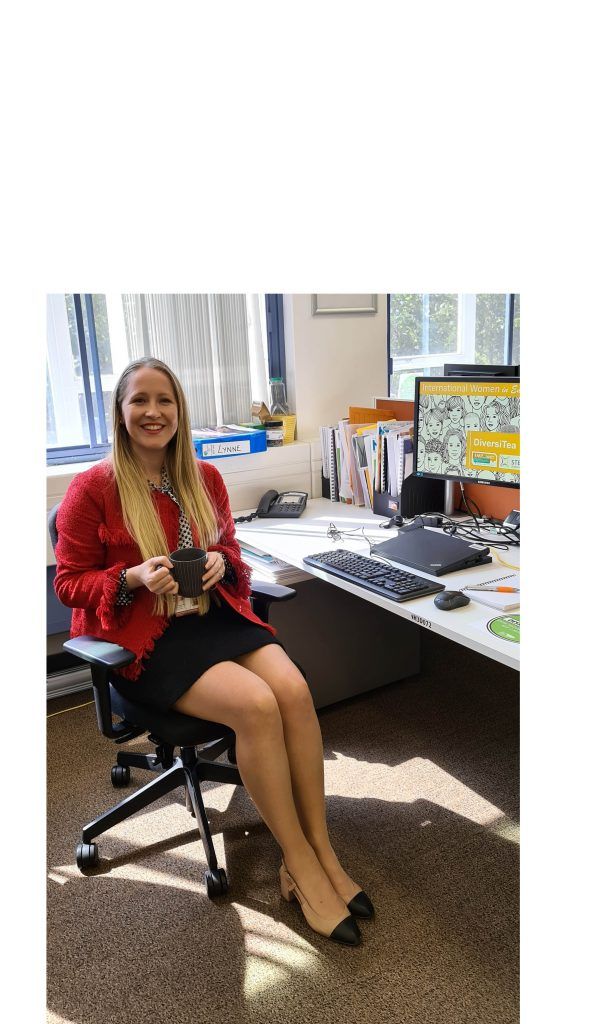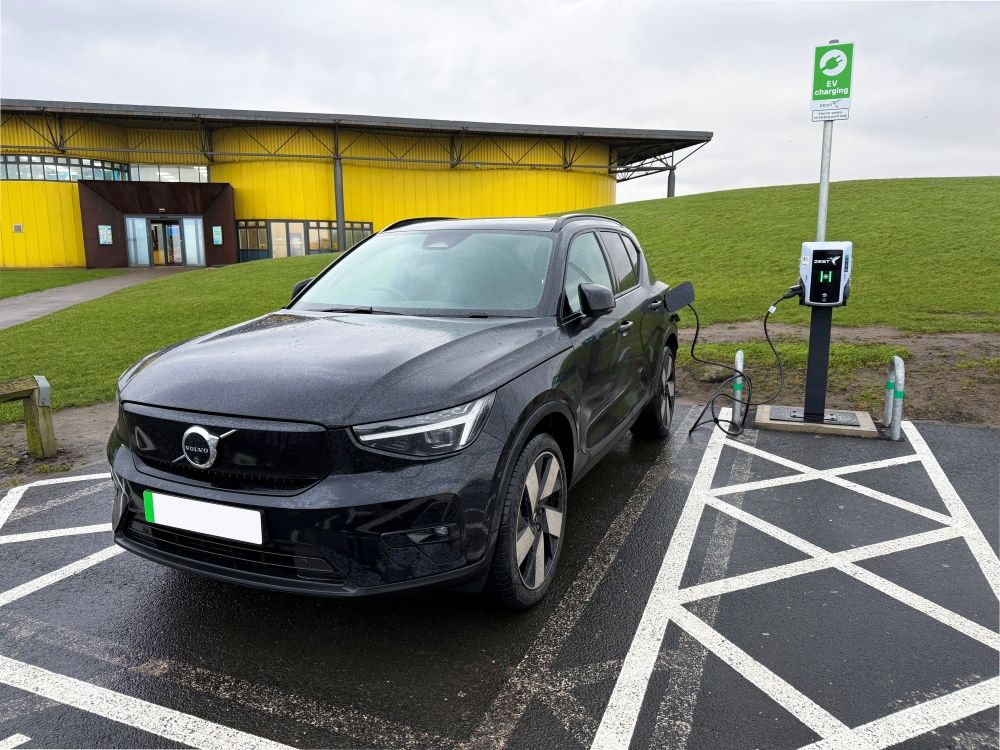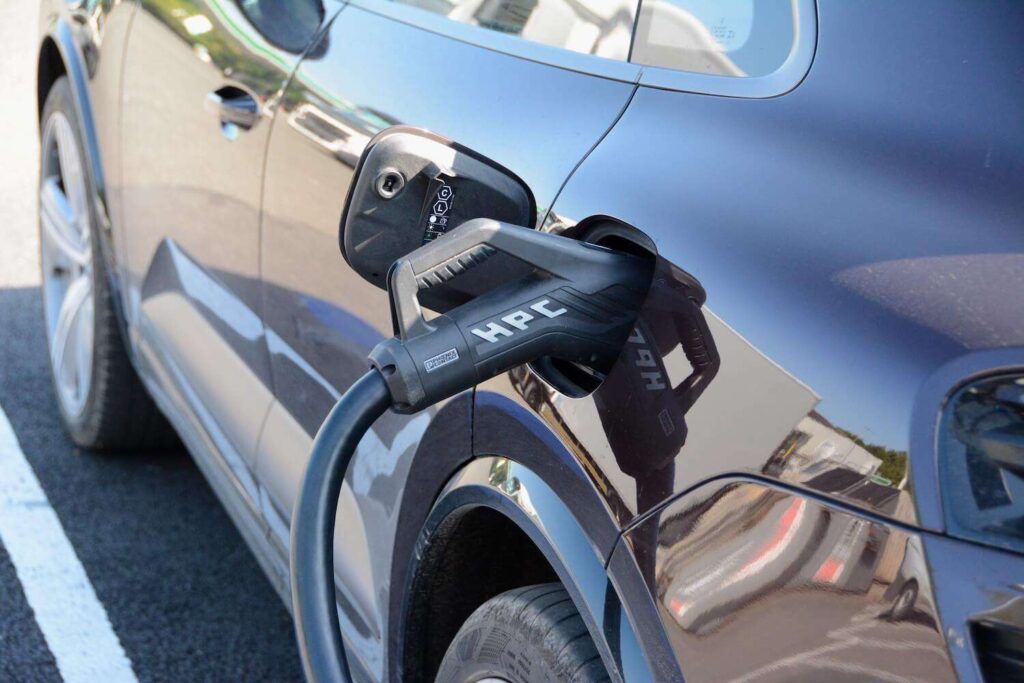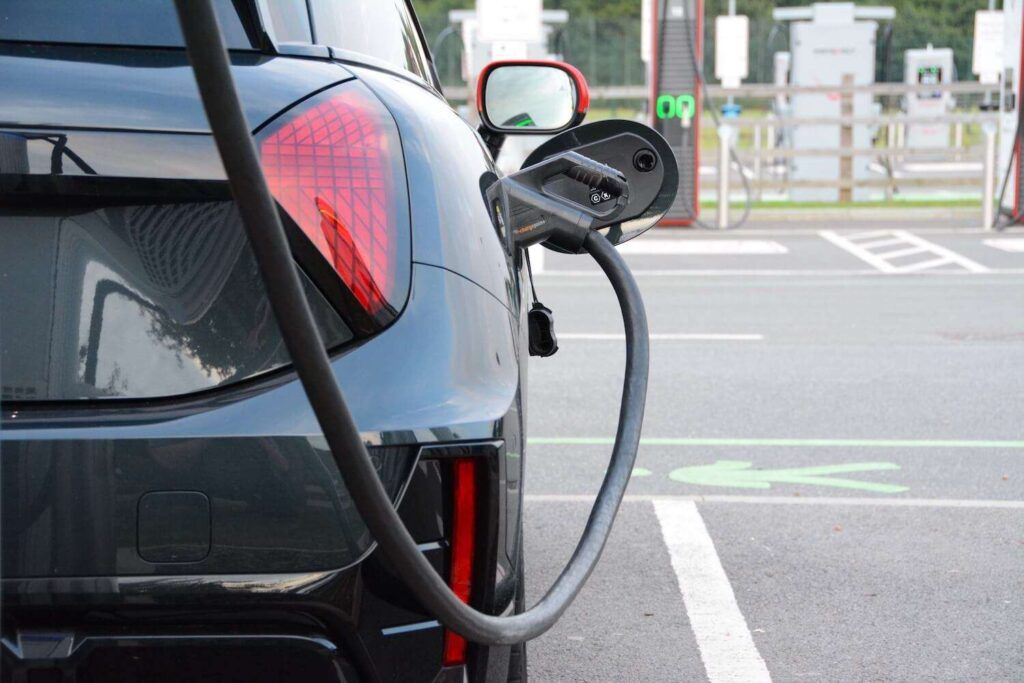To coincide with International Women in Engineering Day, Lynne McDonald – a smart grid engineer and manager at UK Power Networks – talks about her role and the changing pace of the energy industry including the importance of monitoring the impact of EVs and low carbon technologies on the grid.
What’s your current role at UK Power Networks and what does your job involve?
As a smart grids engineer and manager I turn customer, technical and commercial innovations into action. We scale up proven innovations so our communities can choose green and support the UK’s move to Net Zero, a priority for our customers.
My current focus is overseeing the rollout of low voltage visibility and monitoring equipment for our network, including design, testing, training and delivery. As more homes and businesses adopt EVs and low carbon technologies, we need to invest in physical monitoring to gain a deeper insight into our lower voltage electricity network. We are being creative and aim to use AI and advanced data analytic methods to predict substations’ running arrangements.
I have been involved in the Energy Networks Association’s Open Networks project from the outset, a world-leading project to transform energy networks that underpins smart grids.
What first interested you in being part of the energy industry and how did you join?
What sparked my interest was I loved mathematics and science, curios about how things worked, constantly asking questions and thrived on problem solving. The first time I saw my future in engineering was during a placement at Scottish Space School working with NASA astronauts, where I had been set an electronics challenge in the lab. Then I gained a placement with a pioneering renewable energy company during the wind boom in Scotland.
I did a Masters in Electronic and Electrical engineering at the University of Strathclyde and gained a Power Academy scholarship through the Institution of Technology and Engineering. I worked every summer throughout my masters degree and thrived putting theory into practice.
A lot was changing in the energy industry at the time and I felt I could be part of something big. Therefore I joined the energy sector in 2010. My final year project at university looked at flexible connections, and when I joined UK Power Networks my first big project was Flexible Plug and Play. The project explore how to help more wind and solar to connect faster and cheaper. This is why I love working in the energy sector, seeing innovation and collaborative research becoming an everyday thing.
Engineering opened doors and enabled me to travel and learn from other countries and continents on how to manage problems or create opportunities. I love that engineering is at the heart of driving change to all parts of society, helping to build a sustainable future for all.
I have a thirst for learning and enjoy that every day is different. I work on big, multi-faceted change programmes centred round people. I get most enjoyment working with diverse organisations and colleagues, knowing that our engineering solutions are having an impact and helping others.
I’m passionate to make sure there is equal access and opportunity for people coming into the industry, so have a high focus on diversity and inclusion and making sure that nobody is left behind in the energy transition by the design of future networks.
What’s the most rewarding part of your job?
Net Zero, which is around improving air quality and tackling climate change, it is the easiest common goal to rally around and it’s exciting to work with others that share that vision.
The one thing that we can be certain of, is there will always be change and new things to learn. The most rewarding part of my job is seeing customers benefit from new products or services that I have helped develop.
What excites me is making sure our services are fit and just, because I care about our customers, from vulnerable customers, wider demographics and community energy groups. I always consider would this pass the ‘Nana McD test’, are we designing and talking about these smart solutions in an inclusive way?
What are the biggest challenges you face in your job?
The biggest challenge is ensuring we keep pace with the changes required, keeping a pulse on our customers’ needs and turning our strategies into reality, bringing our workforce and customers along the journey to turn smart grid opportunities to life.
I enjoy engaging in constructive challenge and engaging with our customers and collaborators – are we doing enough, do we need to do more, what should we stop doing, what should we start doing? This keeps us on our toes, creates dynamic discussion and constant dialogue. It’s not ‘fit and forget.’ We’re putting improvements into action and always doing that cycle back if we hit the mark, so we’re always evolving.
When Covid-19 restrictions are ease, what are you looking forward to post-pandemic?
I’m taking stock of the new ways we did things during the pandemic. There has been a move towards virtual testing with equipment vendors, which proved very successful.
We tested and approved several new technologies that support Net Zero on the network and support more LV monitoring. Undeniably, we need digital, but there will always be a need for human interaction.
I’m looking forward to more cycling. I started cycling home from the office, which is a 45-minute journey across London and want to keep that up, and can’t wait to be back on the hockey field playing for my club.
Image courtesy of UK Power Networks.












